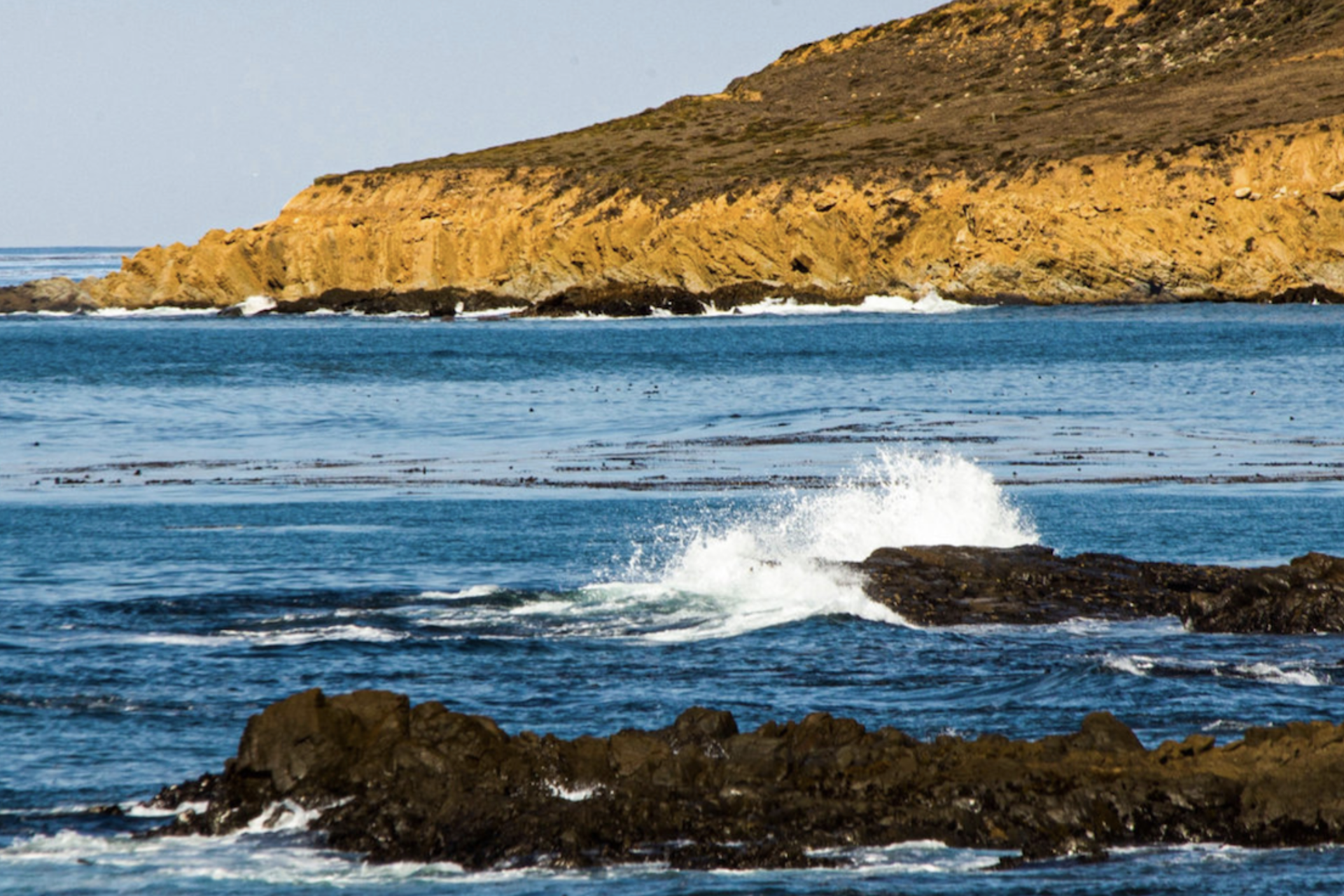Tackling wildfire, health and environmental risks
Stanford engineers, geophysicists, disease ecologists, musicologists and others soon will collaborate on finding new ways to detect and reduce wildfire risk; harness the sun’s power to purify water; interpret ocean health through sound and more.

Sonifying the Sea: This project will develop, test and deploy novel methods of displaying complex data through sound. The researchers will focus on interpreting and communicating oceanic data to understand the processes affecting rich and complex ecosystems such as giant kelp forests and coral reefs. Auditory display using musical principles can provide effective translations of many cyclical factors that impact the health and survival of these ecosystems, ranging from the dynamic patterns of biomes, to the effects of climate and other anthropogenic factors. The project is led by Jonathan Berger, the Denning Family Provostial Professor in the music department, and Stephen Plaumbi, the Jane and Marshall Steel Jr. Professor in Marine Sciences at the Hopkins Marine Station and a senior fellow at Woods.
Explore More
-
The inaugural awards will enable research teams to pursue interdisciplinary ocean and coastal projects that address impacts of environmental change in the Bay Area and beyond.
-
A new research partnership will combine Indigenous and scientific knowledge to monitor marine life in a sacred tribal region that may be a bellwether of how native species will fare in the face of climate change.



